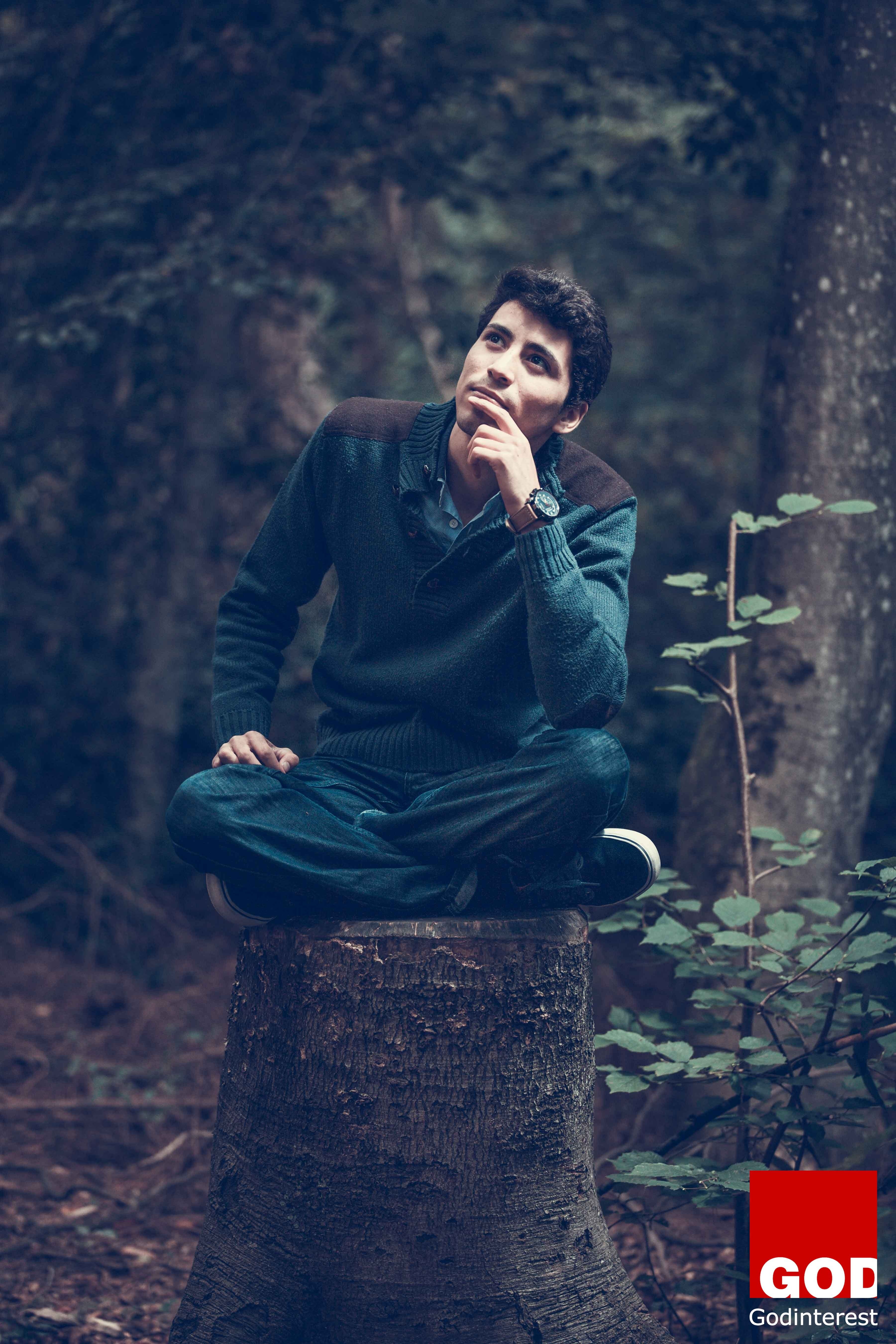“Have patience with everything unresolved in your heart and to try to love the questions themselves as if they were locked rooms or books written in a very foreign language. Don’t search for the answers, which could not be given to you now, because you would not be able to live them. And the point is, to live everything. Live the questions now. Perhaps then, someday far in the future, you will gradually, without even noticing it, live your way into the answer.” – Rainer Maria Rilke, Letters to a Young Poet (1929)
I found this quote so helpful many years ago. I had left the high control and high demand religion in which I had grown up and was going with a friend to a Catholic Church. This brought many conflicting emotions, for though it was some years since I had left, for the best part of thirty-six years, I had been indoctrinated with the belief that all religions, apart from one, were part of “Babylon the Great”, “false religion” or not “The Truth” as they called it, and therefore, condemned to be destroyed at the final war against all wickedness, Armageddon.
The focus was on social justice issues, the church had a community agency attached which offered practical assistance to the homeless, refugees, those with addictions and ex-prisoners. A men’s shelter was located on the other side of the church and sometimes during the service on Sundays, an older inebriated male would cause a noisy distraction at one of the side doors, however, the person would be treated with gentleness and compassion.
Passages from the Bible were read before the homily, not the jumping backward and forwards all over the Bible to prove a particular point and taken out of context to which I’d been accustomed.
The rituals, the garb the priests wore, the hymns, the physical church itself were all alien and mysterious. However, somehow it felt nurturing to my hungering soul.
Fast forward several years and I am the other side of the world for work and to have the opportunity to travel. I am with several other social workers recruited from Australia to work in the UK and though I find their company helpful initially as we settle in, soon I am longing for belonging. And not just to a social group, but a faith community where there are people who live by Bible principles.
So I end up at the local Borough Church which is Anglican. I am greeted at the door by an elderly woman who is a Warden. The church is full of people of many different ages, some with learning or physical difficulties are assisted by carers and there has been a presentation by the children before the sermon. The new minister is dressed in a suit and open-neck shirt and preaches about a long passage in Matthew, bringing out several levels of insight and depth, making it relatable and relevant to life today; I feel as if I have “come home”.
When the service is finished, the minister comes directly to my seat to introduce himself and invite me to the new group he will be starting shortly called “Christianity Explored” which he says is going through the book of Mark. He emphasizes there will be no pressure and questions are welcome.
I go to the first of six meetings at the vicar’s family home. There are others also attending the group, however, my mind is on high alert, watchful for any number of dangerous outcomes and I am not “present” enough to absorb their existence.
The weeks pass, and though still wary, I am enjoying the simplicity of reading a portion of Mark followed by discussion and any questions. I even asked one or two myself, long-held questions on passages that are covered, but for which previous explanations had been unsatisfactory. As well, the minister holds a tension with the view and expectation that some answers will not become evident until we have the full picture at the end.
When this happens, and I have an understanding that is so true for me of my own imperfection and that God’s love and grace (translated “undeserved kindness” in the Bible used by my previous religion) have redeemed me and I can never do or not do anything that will lose them, I am able to invite Jesus into my life, as an adult. Whilst at 12 years of age, I had dedicated my life to the god of my childhood religion and been baptised in symbol of that, it held me to one interpretation – one that meant I would be shunned if I left, one that meant I could not think for myself, could not get a higher education, had to remain in an abusive marriage and had to only wear skirts or dresses at any church-related gatherings including going door to door to try to bring others into “The Truth”.
The Gospel came alive to me. The four years I remained in that church was some of the best in my life, how valuable is hindsight in appreciating those times. Yet they prepared me to some extent for the many challenges I would face on my return to Australia. That is another story, and I include the painting below by Janet Goodchild-Cuffley called “Ellen Meets Her Maker” depicting Ellen Kelly, mother of the notorious Australian bushranger Ned Kelly after a long life full of loss and difficulty. It aptly represents my position towards the many questions I still have for God. In the meantime, I will continue to draw on the comfort of Rilke’s famous quote at the beginning of the article.



